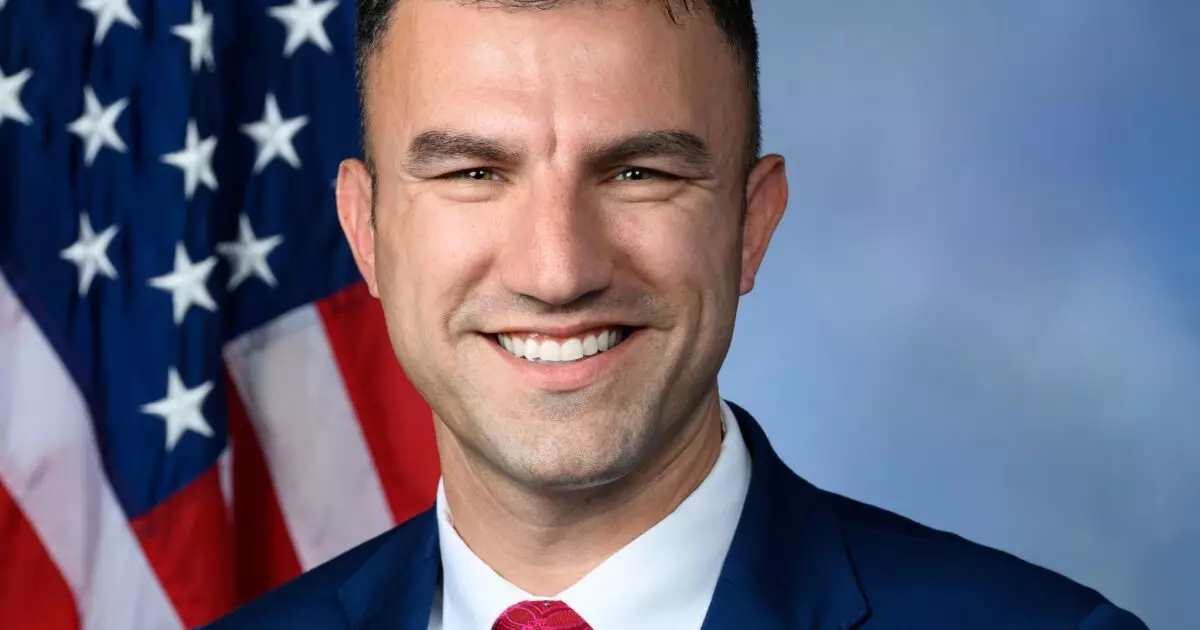In recent legislative developments, a bipartisan group of lawmakers has reintroduced crucial legislation aimed at revitalizing the advance refunding of tax-exempt municipal bonds. Representatives David Kustoff (R-Tenn.), Rudy Yakym (R-Ind.), Gwen Moore (D-Wis.), and Jimmy Panetta (D-Calif.) have put forth the Investing in Our Communities Act, a proposal that echoes previous attempts yet faltered in gaining traction. The heart of this initiative lies in providing state and local governments the tools necessary to enhance their fiscal capabilities and stimulate economic growth.
Advance refunding, a financial maneuver that permits municipalities to issue new bonds to refinance existing debt under favorable conditions, was curtailed following President Trump’s Tax Cuts and Jobs Act in 2017. Before its repeal, this funding method comprised approximately 20% of all municipal bond activity, making its loss a significant blow to local finance strategies. The reintroduction of this financing mechanism is thus seen not merely as a fiscal tool, but a catalyst for broader economic revitalization and job creation.
The bipartisan approach of the Investing in Our Communities Act is noteworthy. With representatives from both parties co-sponsoring the bill, it reflects a rare consensus in an often-divided political landscape. Rep. Kustoff emphasized the importance of this legislative move, claiming that it would provide state and local governments with a “critical financing tool” to stimulate development and ultimately save taxpayer dollars. Such cross-party support underscores an understanding that effective local governance depends on flexible financial instruments.
Rudy Yakym, taking the baton as the Republican leader of the House Municipal Finance Caucus, further elaborated on the bill’s potential benefits. He remarked that the ability to refinance debt can substantially lower costs and allocate resources toward necessary projects, signaling a proactive shift in local government capabilities. The proposal arrives at a time when municipal finance is facing considerable pressures, including ongoing challenges related to the preservation of tax exemptions for all municipal bonds.
Proponents of the Investing in Our Communities Act argue that the restoration of advance refunding presents an immediate opportunity to alleviate financial strains on state and local governments. Numerous municipal market groups, such as the National Association of State Treasurers and the Securities Industry and Financial Markets Association, have expressed strong support for the legislation. Their backing highlights a broad recognition of the advantages that accompany such funding refinements, particularly in a post-pandemic economic landscape characterized by fluctuating financial needs.
Moreover, the American Securities Association (ASA) affirmed the bill’s potential to foster economic growth. ASA President Chris Iacovella articulated that advance refunding facilitates efficient investment in communities, reduces financial burdens on taxpayers, and promotes sustainable economic development. Similarly, the Large Public Power Council (LPPC) underscored the financial advantages that could arise from the proposed legislation, projecting significant savings for millions of electric customers.
Despite the spirit of camaraderie showcased by this bipartisan initiative, challenges remain. The landscape of municipal finance is currently rife with uncertainties, notably as Congress deliberates over broader tax reform measures. There are tangible concerns among municipal lobbyists about the potential for municipal bond tax exemptions to be undermined as part of larger budgetary adjustments. This backdrop of turbulence amplifies the urgency of enacting the Investing in Our Communities Act.
Further complicating matters, similar legislation, such as Rep. Terri Sewell’s Local Infrastructure Financing Tools (LIFT) Act, was also introduced last year but failed to progress. The juxtaposition of these initiatives reveals both the persistence of advocates for stronger municipal financing and the continuous legislative hurdles they encounter.
As the Investing in Our Communities Act seeks to reinstate advance refunding as a viable financial strategy for municipalities, it reflects a shared vision of economic empowerment through improved financing tools. With bipartisan support and a multitude of endorsements from key stakeholders in the municipal finance sector, its potential for transformative impact remains significant.
Ultimately, the success of this legislation hinges on continued advocacy and strategic negotiations within the corridors of power in Washington. As municipalities grapple with the dual challenges of funded projects and budgetary constraints, the revival of advance refunding could be the necessary catalyst to reignite local economies across the United States. The stakes are high, and the push for this legislative change is both timely and essential.

